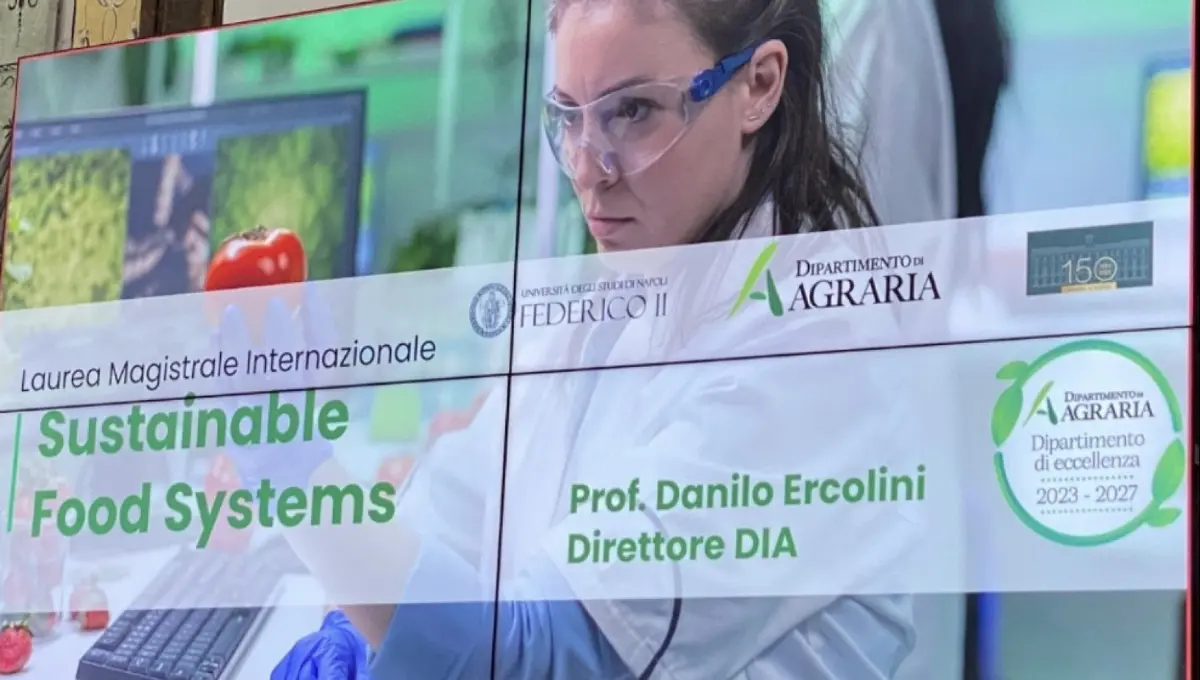
Do you want to access to this and other private contents?
Log in if you are a subscriber or click here to request service
In Naples, Italy's first course in sustainable food system
Presented at Federico II University, it will train specialized figures to face the new "agrifood challenges"

Italy's first master's degree program in Sustainable food system arrives. Officially presented at the Portici campus of Naples' Federico II University, the course will train specialized figures to tackle today's "food and wine challenges," from food production to consumption. The course, included within the Food Science and Technology class, was presented in the Chinese lecture hall of the Department...
fc - 33021
EFA News - European Food Agency
EFA News - European Food Agency